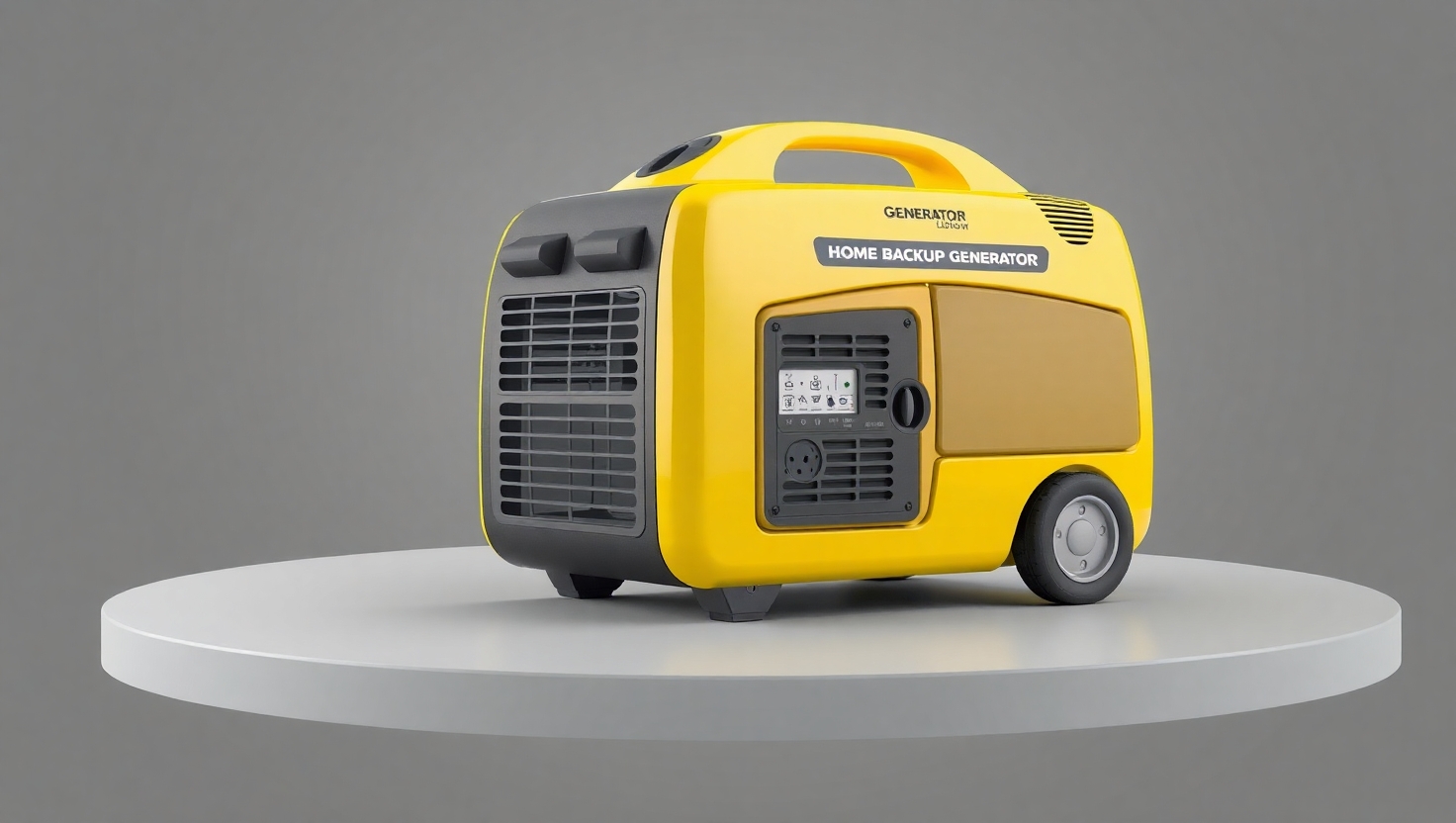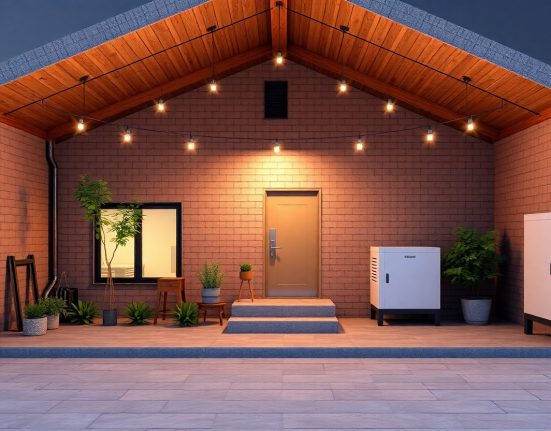When it comes to home backup generators, picking the right one can make all the difference during those crucial times when the power goes out. A good generator lets you keep the electricity flowing smoothly at home without interruptions, which can be really important when facing unexpected or long power outages. Choosing the right generator depends on several factors that you should think about before buying, so the device fits your needs well and gives you peace of mind for years to come.
One of the main things to consider is the generator’s power output, meaning how many watts it can provide. The goal is to match the generator’s capacity to your home’s electricity use or at least to the important appliances you want to run during a blackout. For example, if you want to power your fridge, lights, computer, and maybe a small air conditioner, you need to make sure the generator is strong enough for that. It’s also important to remember that some devices use more power when starting up than when running regularly, like machines with electric motors. Picking a generator with too little power can cause it to stall or not supply electricity steadily.
Quality and reliability are other key points to think about. When it comes to a home backup generator, the reliability of the engine and the whole system matters a lot. Quality generators usually have gasoline or diesel engines made by well-known companies with good reputations. Also, it’s worth checking if the generator has safety features like automatic shutdown if oil runs low or if it’s overloaded. Easy maintenance is very important too because a generator that isn’t cared for properly might stop working right when you need it most.
Size and weight can be a big deal if you plan to move the generator or store it in a small spot at home. There are compact generators designed specifically for home use that are easy to carry around, but sometimes that comes with less power or shorter engine life. On the other hand, bigger and more powerful generators are better for larger homes or when you want full backup for everything, but they tend to be heavy and noisy. Noise level is something to keep in mind especially if the generator will be close to living areas or bedrooms because loud noise can disrupt daily life and affect comfort.
The fuel type of the generator is another important consideration. Most home generators run on gasoline, diesel, or gas. Each fuel type has its own pros and cons. Gasoline generators are usually cheaper and start up quickly but use more fuel and need more frequent maintenance. Diesel generators are very reliable and last a long time but tend to be more expensive and louder. Gas generators are generally clean and quiet but require a connection to your home’s gas system or a gas tank, so their setup and upkeep are a bit different. Your choice depends on what fits your use and what fuel is available and convenient.
Lastly, think about installation options and how the generator connects to your home system. Some generators need professional installation with a direct connection to your house’s electrical system, which can allow automatic switching when the power goes out. Others are portable and you start them manually, plugging appliances directly into their outlets. Which setup you choose depends on how convenient you want it to be, your budget, and how much control you want over your home’s electricity.
In the end, choosing a home backup generator is a decision that takes some thought and personal adjustment to your needs and budget. Beyond the technical stuff, picking a quality generator gives you reliability and peace of mind when it really counts. When you research and get advice carefully, you can find a solution that works great and makes sure your home keeps running normally and comfortably even in tough times.









